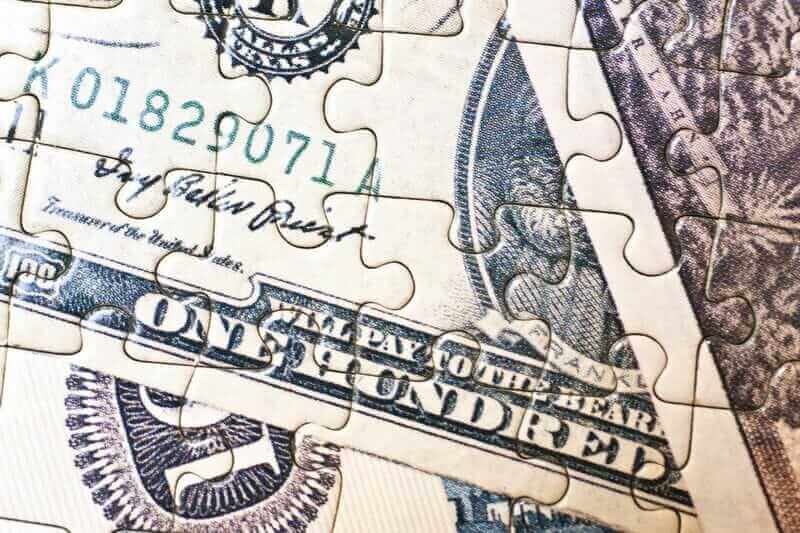
The dollar index (DXY00) Wednesday rose by +0.05%. The dollar on Wednesday posted modest gains on weakness in stocks and the yen. Weakness in stocks on Wednesday prompted some liquidity demand for the dollar. Also, the yen slid against the dollar due to weakness in Japanese government bond yields.
U.S. economic news Wednesday was bullish for the dollar as Sep wholesale sales rose +2.2% m/m, stronger than expectations of +0.9% and the biggest increase in 20 months.
The markets are discounting a 10% chance for a +25 bp rate hike at the next FOMC meeting on Dec 12-13 FOMC and an 18% chance for that +25 bp rate hike at the following FOMC meeting on Jan 30-31, 2024. The markets are then expecting the FOMC to begin cutting rates by mid-2024 in response to an expected slowdown in the U.S. economy.
EUR/USD (^EURUSD) on Wednesday rose by +0.04%. The euro on Wednesday recovered from early losses and posted slight gains. Hawkish ECB comments Wednesday supported the euro after ECB Governing Council members Makhlouf and Kazaks warned that further ECB rate hikes might be necessary to control inflation. Also, the ECB's monthly consumer inflation expectations survey showed Eurozone 1-year inflation expectations in Sep rose to a 5-month high, a hawkish factor for ECB policy. The euro Wednesday initially moved lower after Eurozone Sep retail sales fell more than expected.
The ECB's monthly consumer inflation expectations survey showed Eurozone 1-year inflation expectations in Sep rose to a 5-month high of 4.0% from 3.5% in Aug, but Sep 3-year inflation expectations were unchanged at 2.5%.
Eurozone Sep retail sales fell -0.3% m/m, weaker than expectations of -0.2% m/m.
ECB Governing Council member Makhlouf said, "It's far too early to start talking about when the ECB will start cutting interest rates."
ECB Governing Council member Kazaks said the ECB "cannot exclude the possibility that further rate increases might be necessary."
USD/JPY (^USDJPY) on Wednesday rose by +0.43%. The yen on Wednesday fell to a 1-week low against the dollar. A decline in the 10-year Japan JGB bond yield to a 2-week low Wednesday weakened the yen’s interest rate differentials and weighed on the yen. Also, central bank divergence is undercutting the yen as the BOJ maintains QE and record low interest rates while other global central banks are tightening their monetary policies. Lower T-note yields Wednesday limited losses in the yen.
The Japan Sep leading index CI fell -0.5 to 108.7, weaker than expectations of 108.8.
December gold (GCZ3) Wednesday closed down -15.70 (-0.80%), and Dec silver (SIZ23) closed up +0.139 (+0.62%). Precious metals prices Wednesday settled mixed, with gold falling to a 3-week low. A stronger dollar on Wednesday was bearish for metals prices. Also, hawkish comments Wednesday from ECB Governing Council members Makhlouf and Kazaks weighed on gold when they said further interest rate hikes could not be ruled out. Lower global bond yields on Wednesday were bullish for precious metals. Also, Wednesday’s monthly inflation expectations survey from the ECB showed Eurozone Sep 1-year consumer inflation expectations rose to a 5-month high of 4.0%, which is positive for gold demand as an inflation hedge.
On the date of publication, Rich Asplund did not have (either directly or indirectly) positions in any of the securities mentioned in this article. All information and data in this article is solely for informational purposes. For more information please view the Barchart Disclosure Policy here.






